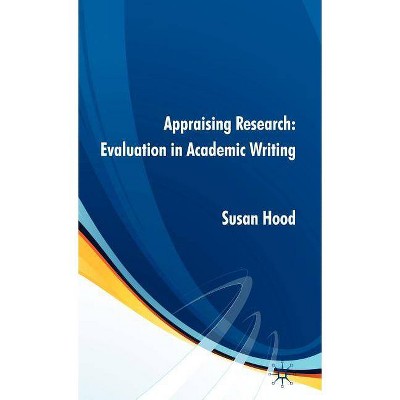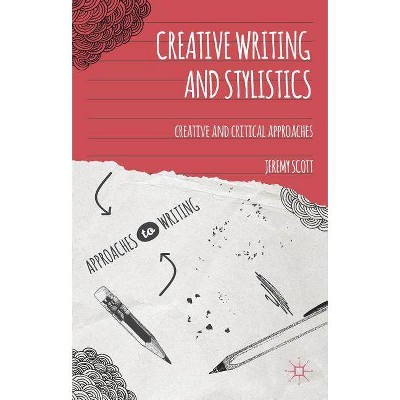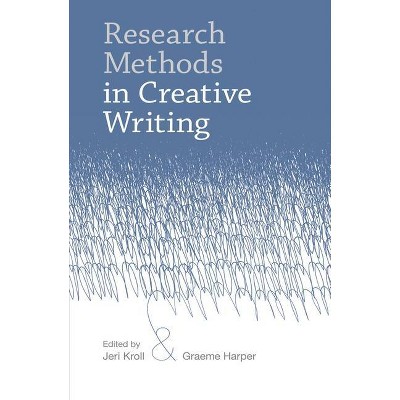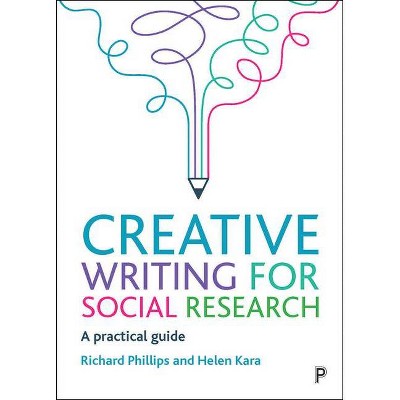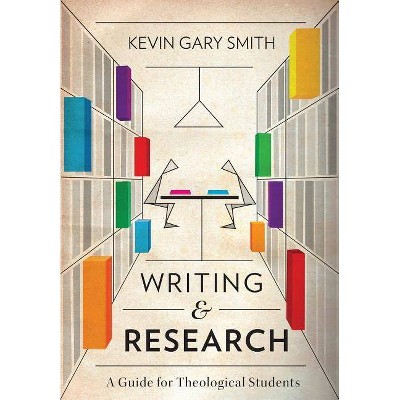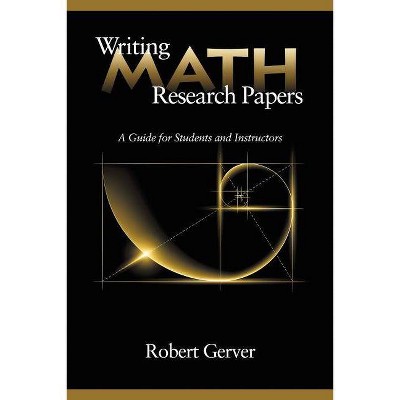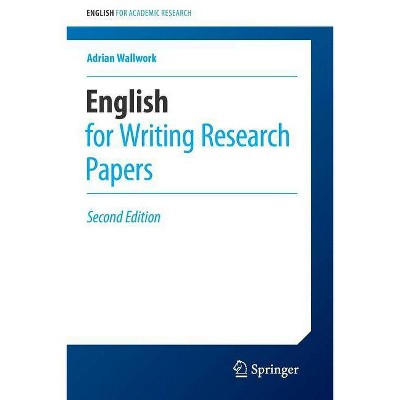Writing Securities Research 2E - by Jeremy Bolland (Hardcover)
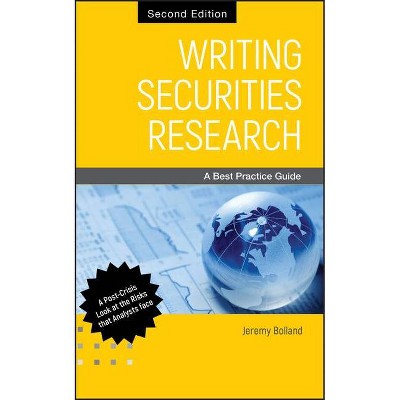
Similar Products
Products of same category from the store
AllProduct info
<p/><br></br><p><b> Book Synopsis </b></p></br></br>The book highlights the major risks that securities analysts (and other securities professionals) face. The various laws, rules and regulations that securities analysts are subject to are broadly split into three categories: research-specific rules and regulations; market-wide laws; and society-wide laws and customs. The risks that arise out of these various levels of rules and regulations, insofar as research analysts and other securities professionals are concerned, include conflicts of interest, fair distribution/front-running of research, insider trading, spreading of rumours, not highlighting investment risks (including corporate governance issues), as well as defamation and copyright issues. <p>We see that if an analyst puts a company in play, a regulator would instantly assume that the analyst is trading on inside information (especially if the information turns out to be true) or is spreading a rumour (especially if it turns out to be false). However, we also see that there is a third option - that the analyst might just have come to his or her conclusion through some good research based on verifiable facts and reasonable assumptions.</p> <p>Definitions of research from around the world are examined. After all, research is generally defined by its content, not by the author's job description. As such, non-Research securities professionals such as brokers and marketers of research as well as investors, journalists and even bloggers and twitterers need to understand what constitutes "research" so that they don't fall into the regulators' purview.</p> <p>As regards the risks to investment views that analysts need to highlight to their investors, the book not only examines economic and financial risks but also examines corporate governance issues such as executive compensation, equal treatment of shareholders, related-party transactions and risk management.</p> <p>To demonstrate the risks that analysts, securities professionals and investors face, the book draws on many cases and examples from around the world, including many from the global financial crisis of 2007-2009. From these cases we see how penalties for those involved in the securities markets have become more serious over the years. They range from fines to imprisonment, and even to execution in some markets. To give a light-hearted angle, many of these cases are accompanied by "Alex" cartoons.</p><p/><br></br><p><b> From the Back Cover </b></p></br></br><p><b>WRITING SECURITIES RESEARCH<br> A Best Practice Guide</b> <p><i>Writing Securities Research</i> is a comprehensive guide for securities research analysts around the world. Analysts who want to write research that is clear, concise and actionable should carefully read and digest the contents of this book. I would say that it should also be compulsory reading for research managers, compliance officers, editors, securities lawyers, securities regulators and students of investment and finance. Jeremy Bolland's book helps to equip analysts with many useful tools to help them achieve securities research success.<br> <b>Dr. Mark Mobius</b> <i>Executive Chairman of Templeton Asset Management Ltd.</i> <p>Jeremy has made a major contribution by incorporating and explaining ethical principles in the writing and dissemination of investment research. He uses real-life examples as illustration which enhances the reader's understanding. This is a practical book for analysts, academics, regulators and students of finance.<br> <b>Lee Kha Hoon</b> <i>Asia Pacific Head of Standards and Financial Market Integrity, CFA Institute</i> <p>For every research analyst, research manager, research counsel and supervisory analyst, a large proportion of his or her role involves the circumnavigation of a dense body of global, often conflicting, regulation. In training sessions, many analysts ask: "But how does this apply to me? Why do the US rules apply if I'm based in Hong Kong? How do I recognize price-sensitive information?" Jeremy has done what no one thought of doing before: he has pulled together the rules and the examples where firms and individuals fell foul of those rules, distilled into a best-practice guide that can be used by the green and the seasoned in any jurisdiction.<br> <b>Emma Pegler</b> <i>Global Head of Research Control, HSBC</i> <p>At a time when the regulatory landscape in the financial world is becoming increasingly complex, it is refreshing to read Jeremy's book which identifies clearly and concisely the difficult regulatory, legal and ethical issues that research analysts must navigate around the world when producing research for their clients. It is the comprehensive nature of Jeremy's book and the fact that he provides practical solutions to problems that make it such a useful tool for analysts, institutions, regulators and professional advisers alike.<br> <b>Alan Linning</b> <i>Partner, Sidley Austin, and Former Head of Enforcement, Hong Kong Securities and Futures Commission</i> <p>Recent market events have heralded a new era of scrutiny, with consequences for the world within which securities analysts operate. At the same time, the regulatory environment has become increasingly sophisticated with complex, often competing, global requirements. Jeremy provides comprehensive guidance through all aspects of preparing securities research. The practical, focused case studies will also give real value to anyone who wants to fully appreciate the potential pitfalls that can and do arise. Whether you're a lawyer or a regulator just starting out in this field, or you have been in it for many years, Jeremy's research and guidance will offer you real insight.<br> <b>Elizabeth Clay</b> <i>Solicitor, White & Case LLP</i> <p>Securities research in developing markets, especially those in Asia, requires a practical hands-on approach. In markets where transparency is not a given, Jeremy gives analysts the intellectual framework necessary for making sound, honest judgments about any company. These aren't the lessons they teach you in MBA programs. They're the real deal!<br> <b>Steve Vickers</b> <i>President and CEO of FTI-International Risk</i><p/><br></br><p><b> About the Author </b></p></br></br>Since writing the first edition of <i>Writing Securities Research: A Best Practice Guide</i>, <b>Jeremy Bolland</b> has been invited regularly to address CFA societies on the risks that their members face as chartered financial analysts. He has also addressed audiences of regulators, lawyers, and law students on the subject.<br />Jeremy has over 25 years of experience in the world of investments, and has worked in London, Tokyo, and Hong Kong. For the past 16 years he has worked in securities research at global investment banks, including a five-year stint at Morgan Stanley, five years as a director at ING/ING Barings, and most recently five years at HSBC where his final role was Head of Training for Global Research. Jeremy has been a qualified supervisory analyst (SA) since 1997, and as such is authorized to approve securities research for U.S. distribution.<br />Before entering the securities industry, Jeremy was marketing director and company secretary for a property development company that undertook industrial and commercial projects throughout the U.K. as tax-shelter investments for corporates and high net worth individuals.<br />Jeremy is also the author of <i>A Guide to Investment in Enterprise Zones</i> (Longman, 1988, 2nd ed. 1990).<br />Jeremy Bolland grew up in Malaysia, holds an honors degree in Classics from King's College, London University, and studied Chinese at SOAS and Beijing Normal University.
Price History
Price Archive shows prices from various stores, lets you see history and find the cheapest. There is no actual sale on the website. For all support, inquiry and suggestion messages communication@pricearchive.us
